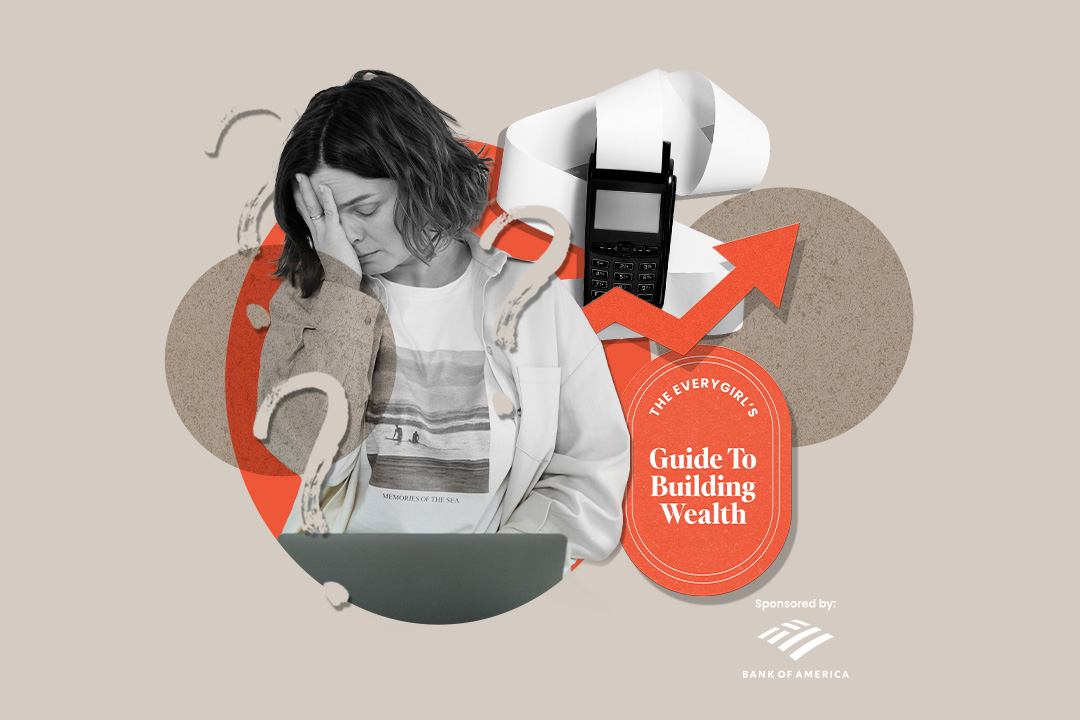Many of us face stress regularly, whether it’s due to major life events like relocating or everyday pressures of work, social commitments, and unforeseen circumstances. While occasional stress is normal, prolonged stress can have lasting health effects. Short-term stress can disrupt your sleep, mood, and subtly alter your eating habits and choices.

When we talk about a “diet,” we refer to various aspects like food choices, appetite, and digestion. Stress can influence all these elements, sometimes in unexpected ways. Essentially, stress may be undermining your health objectives in multiple ways. Apart from the direct physical impacts of persistent stress, it can also alter your brain function, behavior, and decision-making, leading to an unhealthy diet. Read on to discover how stress might be influencing your eating habits and what steps you can take to prevent stress from compromising your well-being.
1. Changes in Appetite
Stress triggers the release of cortisol, a hormone that can increase your hunger and urge to eat. However, short-term stress may actually suppress your appetite due to the body’s fight or flight response. Everyone reacts differently to stress; some resort to comfort foods like sugary treats or salty snacks to soothe themselves, while others experience reduced appetite, potentially causing nutrient deficiencies.
How to Address It: Food should not be judged morally. While comfort foods have their place, ensure you also consume nutrient-rich options to counter the effects of stress. If stress affects your appetite negatively, opt for easily digestible foods such as bananas, brown rice, or eggs.
2. Increased Dining Out
During times of high stress, you may be less inclined to prepare balanced meals at home, leading to more frequent takeout or restaurant dining. Although healthier fast-food choices exist, cooking at home is linked to better long-term health outcomes. When you cook, you have control over the ingredients and cooking methods.
How to Address It: Combat the temptation to order takeout by planning your meals. Keep essential ingredients on hand for quick, nutritious meals, or prepare meals in advance to alleviate dinner decision stress.
3. Digestive Issues
Stress can impact your digestion due to the strong gut-brain connection. Stress-induced fight or flight responses can slow digestion, leading to discomfort like bloating and gas. The body prioritizes survival over digestion during stressful situations, hindering nutrient absorption.
How to Address It: While eliminating stress entirely may be challenging, you can support digestion by initiating the body’s “rest and digest” response. Practices like gentle post-meal walks, meditation, or sipping peppermint tea can promote better digestion during stressful times.
4. Mindless Eating
Stress-induced mindless eating involves consuming food without conscious intent, such as snacking absentmindedly while multitasking. Stress can lead to more frequent episodes of inadvertent eating, especially when rushing between activities.
How to Address It: Transform meal and snack times into mindful experiences. Plate your food, sit down without distractions, take a moment to breathe, and savor each bite mindfully. This approach not only enhances awareness but also aids digestion.
5. Dependence on Energy-Boosting Foods
Stress often disrupts sleep patterns, prompting individuals to rely on caffeine or sugary snacks to combat fatigue. Poor sleep increases hunger hormones and reduces satiety signals, potentially leading to excessive eating. Sleep deprivation can affect your food choices and meal satisfaction.
How to Address It: Strive for 7-9 hours of quality sleep to break the cycle of stress-induced fatigue. Limit caffeine intake in the afternoon, establish a soothing bedtime routine, and opt for protein and healthy fats to promote satiety after inadequate sleep.






